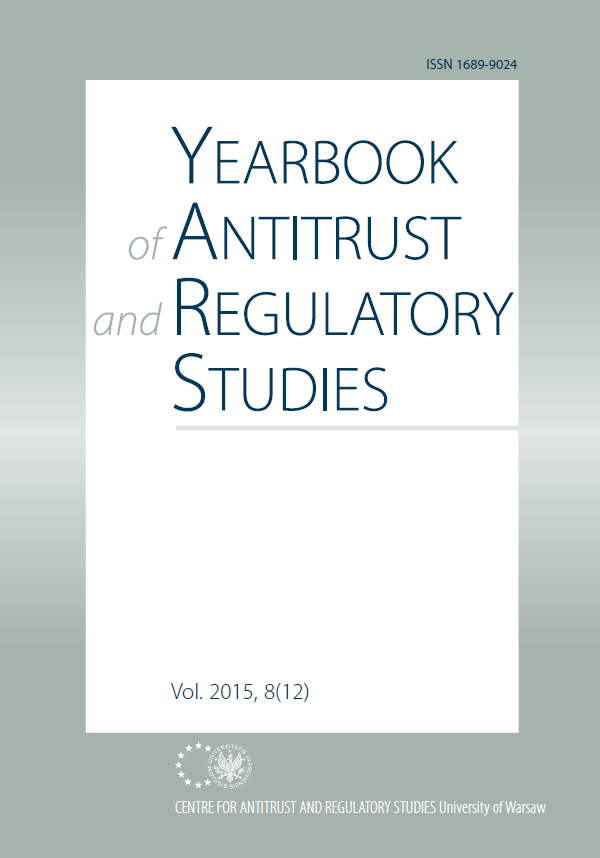Harmonising Private Enforcement of Competition Law in Central and Eastern Europe: The Effectiveness of Legal Transplants Through Consumer Collective Actions
Harmonising Private Enforcement of Competition Law in Central and Eastern Europe: The Effectiveness of Legal Transplants Through Consumer Collective Actions
Author(s): Katalin J. CseresSubject(s): Business Economy / Management, Commercial Law
Published by: Wydawnictwo Naukowe Wydziału Zarządzania Uniwersytetu Warszawskiego
Keywords: private enforcement of competition law; collective actions; consumer; EU law; Europeanization
Summary/Abstract: The aim of this paper is to critically analyze the manner of harmonizing private enforcement in the EU. The paper examines the legal rules and, more importantly, the actual enforcement practice of collective consumer actions in EU Member States situated in Central and Eastern Europe (CEE). Collective actions are the key method of getting compensation for consumers who have suffered harm as a result of an anti-competitive practice. Consumer compensation has always been the core justification for the European Commission’s policy of encouraging private enforcement of competition law. In those cases where collective redress is not available to consumers, or consumers cannot apply existing rules or are unwilling to do so, then both their right to an effective remedy and the public policy goal of private enforcement remain futile. Analyzing collective compensatory actions in CEE countries (CEECs) places the harmonization process in a broader governance framework, created during their EU accession, characterized by top-down law-making and strong EU conditionality. Analyzing collective consumer actions through this ‘Europeanization’ process, and the phenomenon of vertical legal transplants, raises major questions about the effectiveness of legal transplants vis-à-vis homegrown domestic law-making processes. It also poses the question how such legal rules may depend and interact with market, constitutional and institutional reforms.
Journal: Yearbook of Antitrust and Regulatory Studies (YARS)
- Issue Year: 8/2015
- Issue No: 12
- Page Range: 33-59
- Page Count: 27
- Language: English

